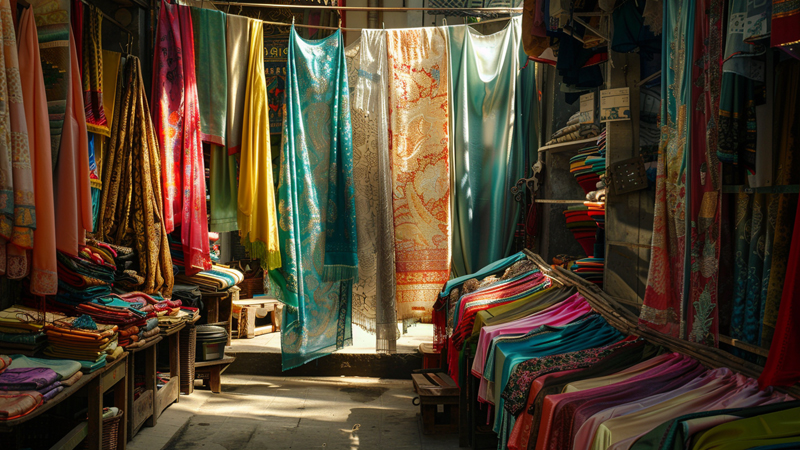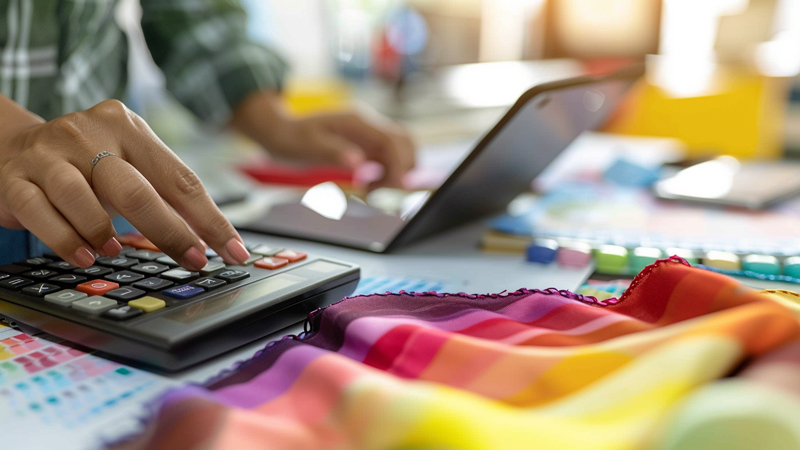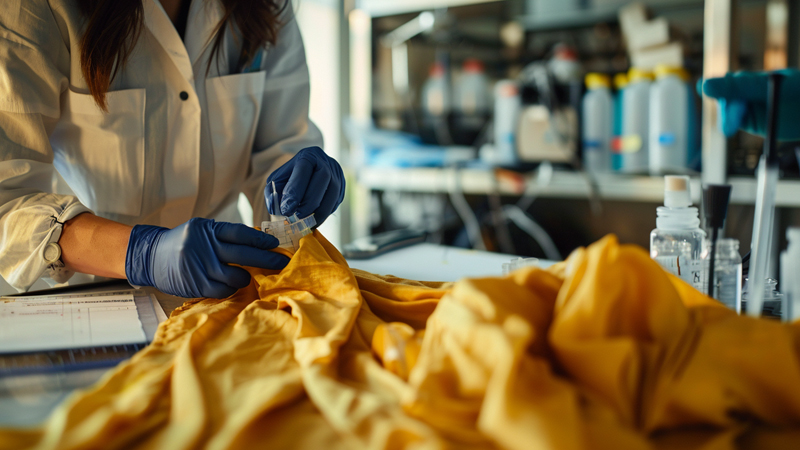
I still remember my first time hunting for wholesale silk scarves – I felt like a kid lost in a candy store, overwhelmed by choices but terrified of getting scammed. Let me share what I’ve learned.
Top suppliers include Alibaba, Trada, DHgate, and local artisan cooperatives. Compare MOQs, certifications (like Oeko-Tex), and sample policies. Always request swatches before bulk orders.
Trust me, finding suppliers is just step one. The real magic? Knowing what to ask.
What are the top wholesale suppliers for silk scarves?
Six years ago, I almost partnered with a "5-star" supplier… until their "silk" scarves melted under a lighter test. Lesson learned: reputation ≠ reliability1.
Alibaba (global variety), Trada (ethical focus), DHgate (budget-friendly), and local artisan groups (unique designs). Prioritize suppliers with third-party certifications and physical addresses.

The Good, The Bad, and The Silk Scammers
I’ve broken down my supplier evaluation system into three rules:
- The 24-Hour Test – Do they respond quickly before taking your money?
- The Grandma Rule – Can their website explain what they do in simple terms?
- The Paper Trail – Always get contracts. My worst deal involved a "trustworthy" WhatsApp vendor who vanished after payment.
| Red Flags | Green Flags |
|---|---|
| No physical address | Oeko-Tex certified |
| Prices 40% below market | Offers pre-shipment QC videos |
| Rush payment demands | Provides client references |
For small businesses, I’d steer you toward Trada. Last spring, their team helped me customize scarves for a wedding client – their designer even video-called to match the exact peach hue we needed.
How can you evaluate bulk purchase discounts effectively?
A vendor once offered me "70% off!"… on triple-inflated prices. Discounts mean nothing without context.
Calculate cost per unit including shipping and duties. Negotiate tiered pricing (e.g., 5% off for 500+ units). Compare across 3 suppliers minimum.

The Math Most Buyers Miss
Let’s say Supplier A quotes $3/scarf, Supplier B $2.80. But wait:
- Supplier A includes DHL shipping ($0.20/scarf)
- Supplier B charges $1.50/scarf for shipping
Real cost:
A = $3.20 | B = $4.30
Always ask for CIP (Carriage and Insurance Paid)2 terms. Last fall, this one question saved me $1,200 on a 2,000-scarf order.
How do wholesale vendors ensure quality?
I learned this the hard way: a "100% silk" shipment that bled color in the rain. Now I bring a $5 testing kit to every factory visit.
Reputable vendors provide third-party lab reports, allow pre-shipment inspections, and use the "rub test" (colorfastness). Always test samples under real conditions – sunlight, washing, etc.

My Pocket Guide to Spotting Fake Silk
- The Burn Test3 – Real silk smells like burnt hair, melts into black beads. Synthetics smell plastic-y.
- The Crumple Test – Genuine silk wrinkles deeply but smooths out with body heat.
- The Price Check – If it’s cheaper than $8/scarf wholesale, question why.
Last month, a vendor tried pushing "Grade A" silk at $4.50. My burn test revealed polyester – they comped my next order to avoid a bad review.
What are typical shipping and MOQs?
A client once ordered 300 scarves… only to discover the MOQ was 3,000. Now I triple-check these three things:
MOQs range from 50 (artisan groups) to 1,000+ units (factories). Air shipping takes 3-15 days ($2-$5/scarf), sea freight 30-60 days ($0.50-$1.50). Always confirm Incoterms.

The Hidden Costs New Buyers Ignore
Let’s break down a real 2023 order:
| Item | Cost |
|---|---|
| 500 scarves @ $4 | $2,000 |
| Air shipping | $800 |
| Import duty (19%) | $532 |
| Total | $3,332 |
I nearly cried when that duty bill arrived. Now I use SimplyDuty’s calculator4 religiously. Pro tip: Some suppliers under-declare values illegally – don’t risk it. One client’s shipment got held for weeks over a $20 discrepancy.
Conclusion
Silk sourcing is part research, part gut instinct. Start small, test everything, and build relationships – your perfect supplier’s out there. Happy hunting!
-
Explore insights on why a good reputation doesn't guarantee dependable service or products. ↩
-
Understanding CIP terms can save you significant costs and ensure better shipping conditions. Explore this resource to learn more. ↩
-
Explore this link to understand how the Burn Test can help you distinguish real silk from synthetics effectively. ↩
-
Explore this link to understand how SimplyDuty’s calculator can help you avoid unexpected import duties and streamline your shipping process. ↩




